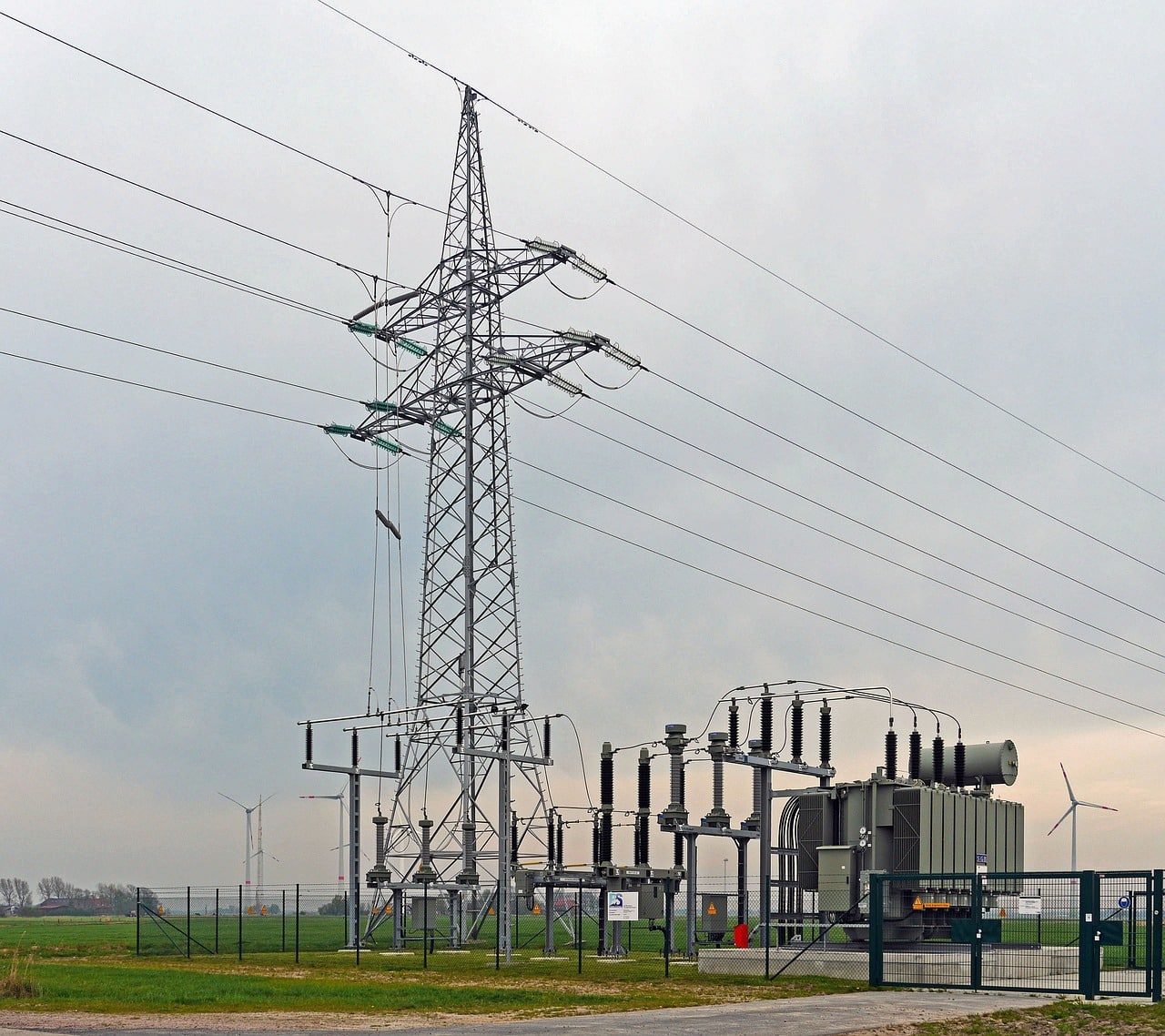PJM Interconnection LLC’s wholesale power markets work although “not perfectly,” and are faced with new challenges that potentially threaten their viability, according to Nov. 8 report from Monitoring Analytics LLC. The monitor questioned the ability of markets and the market-based regulatory construct to coexist with efforts to increase the role of renewable resources via nonmarket revenue. Although state policies that provide nonmarket payments for renewables are intended to lower emissions and not undercut competitive power markets, their impacts are real and growing. The unit-specific subsidy approach for existing uneconomic coal and nuclear power plants poses a threat to the market design and paradigm. If carbon is determined to be a pollutant with a negative value, it should be addressed with a market approach rather than a technology or unit specific subsidy approach and PJM should collaborate with states to consider a form of carbon pricing and revenue distribution that all the states could agree to, the report said. The monitor found that the level of potential retirements does not imply reliability or fuel security issues, noting that PJM will have excess reserves of almost 16,000 megawatts on June 1, 2019 and that nearly 21,912 megawatts of new generation are expected to go into service.








